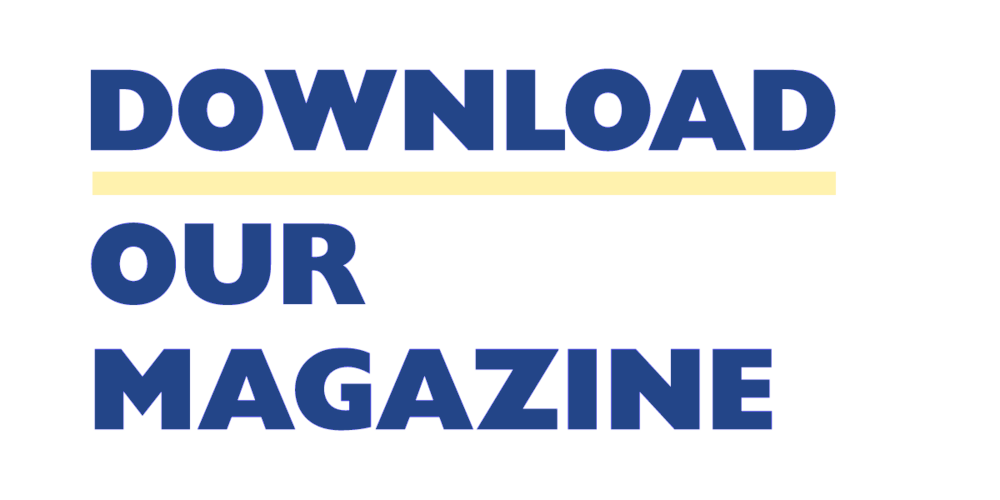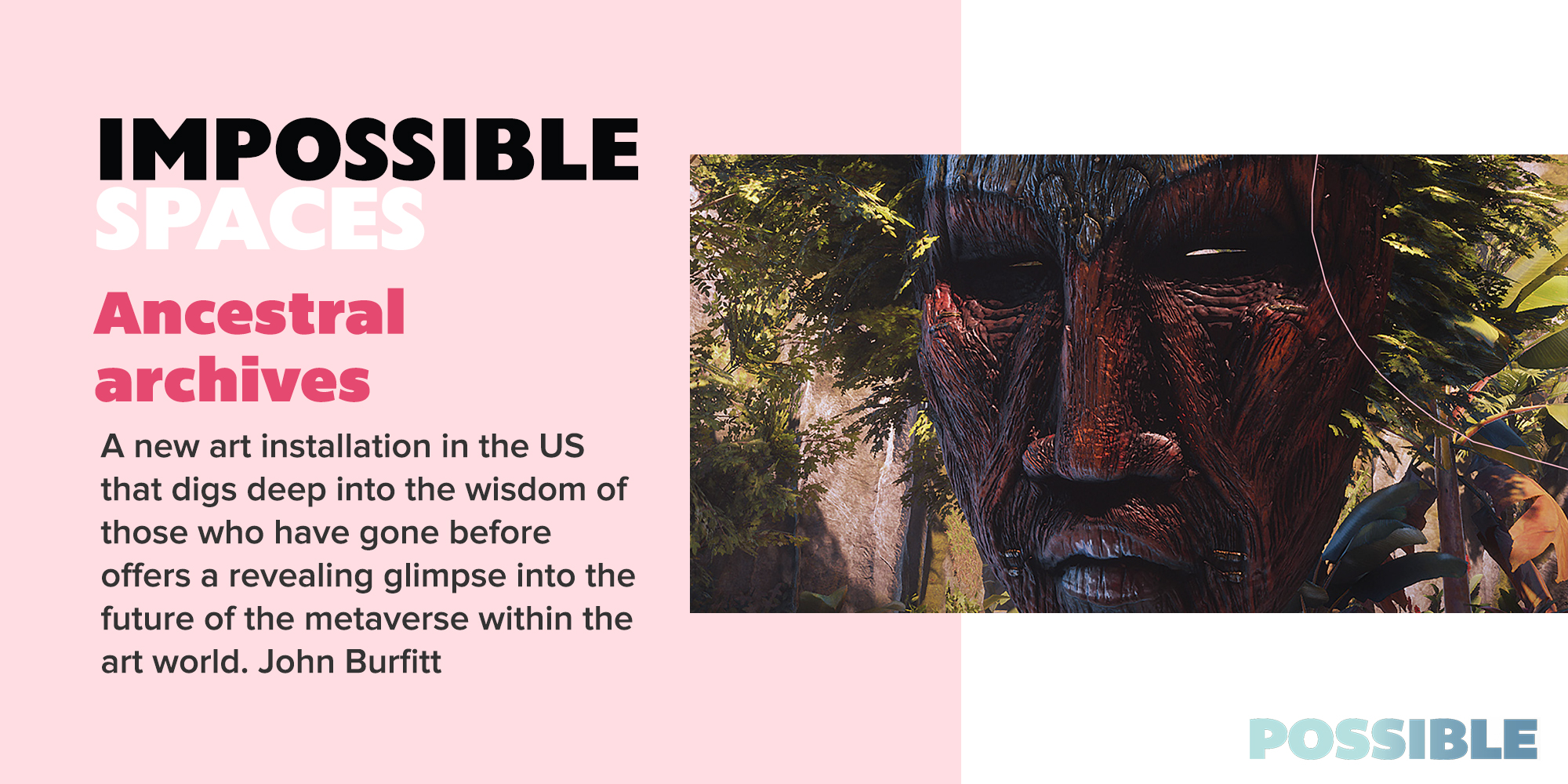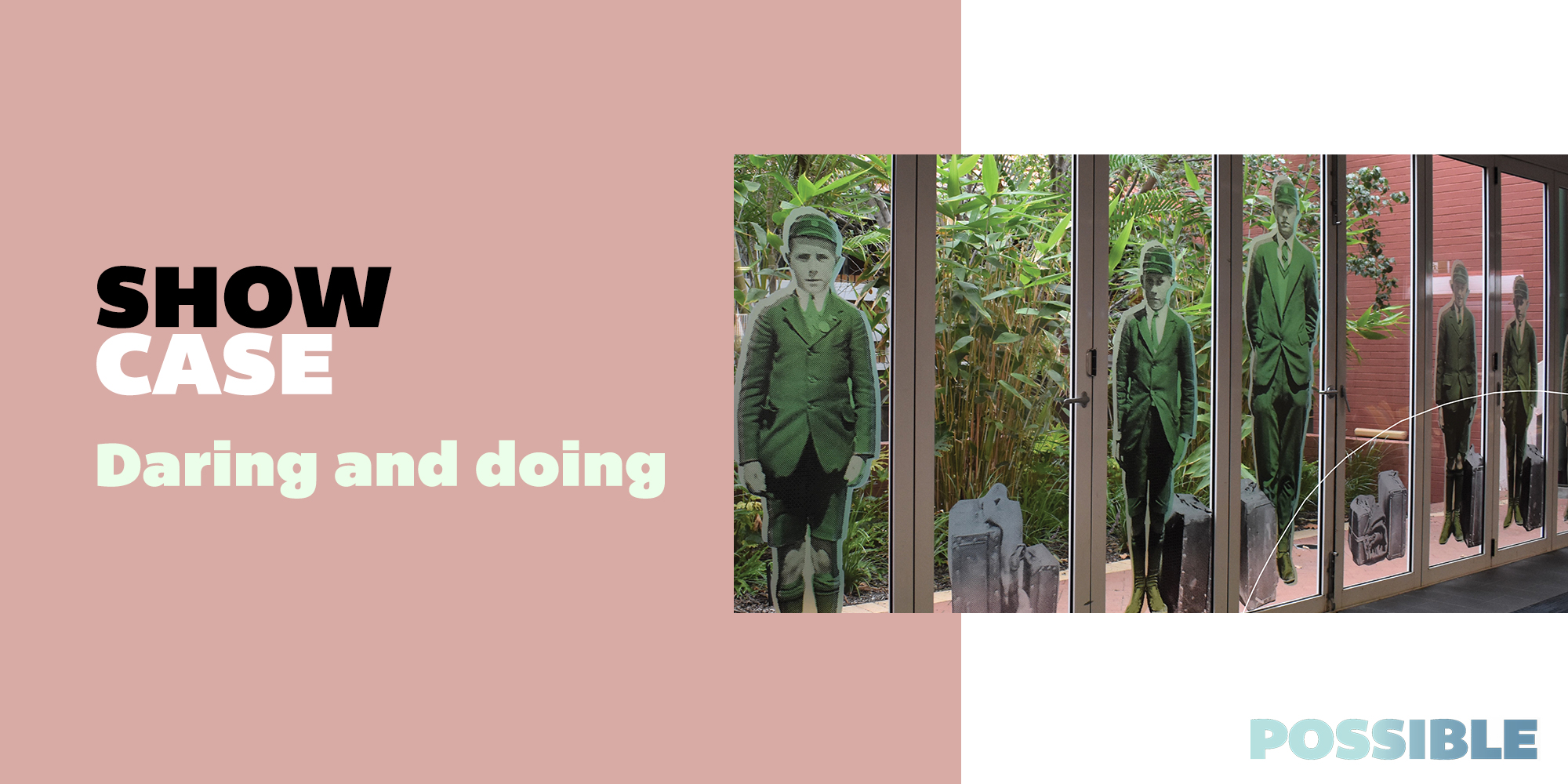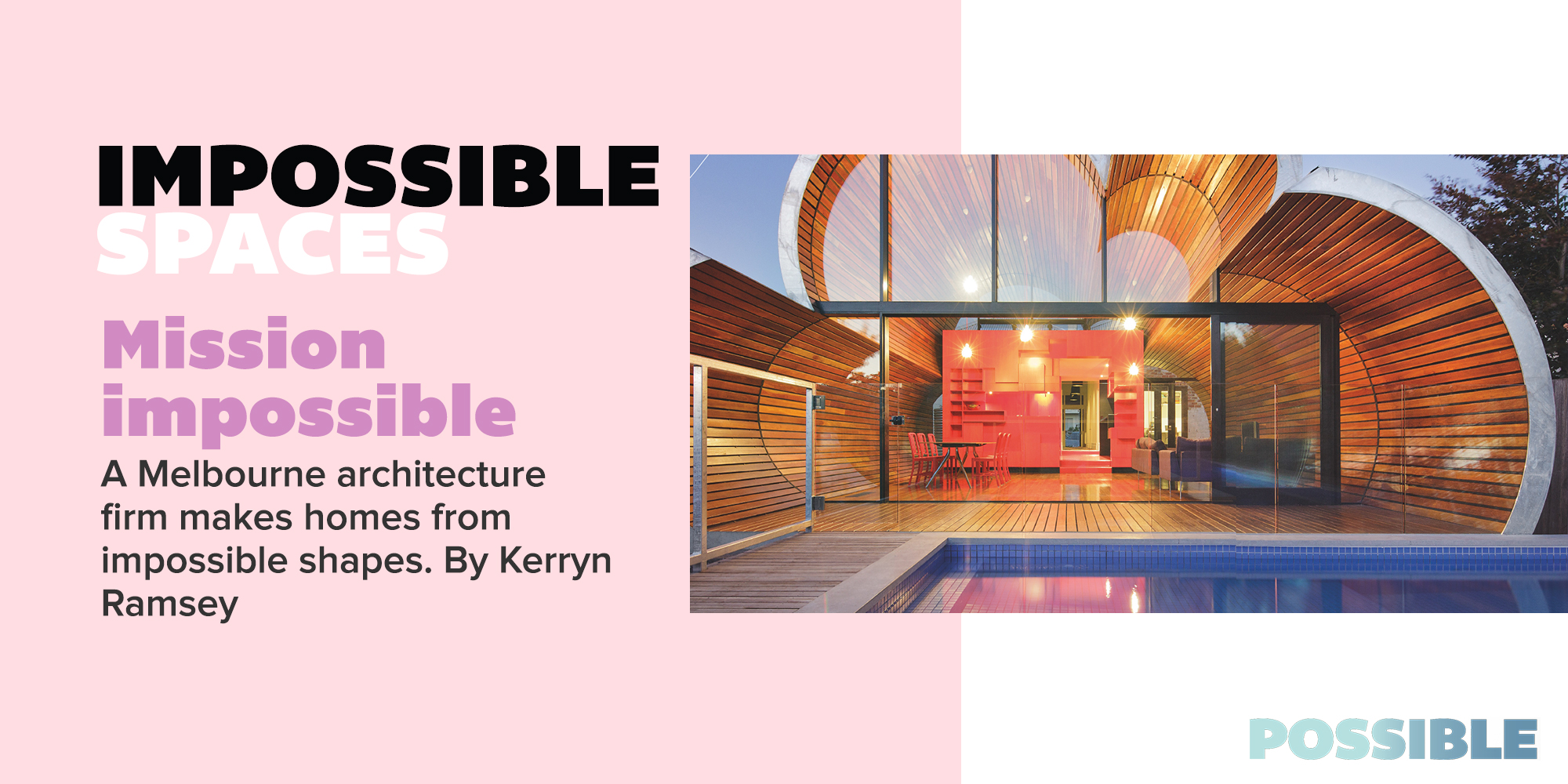“I think there is a mythos about creativity that it’s something that’s very magical and arrives like some kind of spirit. When I was younger, I used to think it was like that. I used to do a lot of waiting for that creative spirit to magically appear, but it never arrived. So I came to realise that work is at least as important as inspiration.” - Peter Knight
Peter Knight is a jazz musician, composer and a former long-time artistic director of the Australian Art Orchestra. Knight recorded his latest solo album—Shadow Phase—during the 2020 COVID lockdown in Melbourne. He also plays in Hand to Earth alongside Yolngu musicians, Daniel and David Wilfred, and Korean vocalist Sunny Kim.
Knight kindly took time out from his recent European tour with Hand to Earth to share how he has developed his creative process, and why he believes it’s important to be willing to sit with the uncomfortable uncertainty of creativity.
Can you run us through a couple of your career highlights?
Being appointed artistic director of the Australian Art Orchestra was really big for me. It was an amazing opportunity, and through that I formed some very interesting creative relationships with people like Daniel and David Wilfred [from Hand to Earth], and the musicians from Ngukurr in Arnhem Land. Those relationships have really changed me personally.
Have you spent time in Arnhem Land?
We’ve toured up there and we’ve spent time in Ngukurr, which is the town that Daniel and David live in. We’ve also toured around the rest of Australia, and many countries around the world as well. Most recently we were in Korea and Europe, and we premiered a new piece at the Melbourne Jazz Festival. That’s been a big part of my recent activity.
What does creativity mean to you?
That’s an interesting question because I think there is a mythos about creativity that it’s something that’s very magical and arrives like some kind of spirit. When I was younger, I used to think it was like that. I used to do a lot of waiting for that creative spirit to magically appear, but it never arrived. So I came to realise that work is at least as important as inspiration. There are moments when creating does seem magical, but it’s the hard work that puts you in the way of the ideas that bubble up.
Do you approach the work of creativity with a certain structure?
I don’t approach creativity in a very structured way, but I do find consistency is important to my creative process. I don’t go to my studio at 10am every day and start work. Rather, I tend to do things in blocks. I will have a block of time where I’ve got some creative space to just be in the studio. Or I might be doing a tour, which is a completely different rhythm. And then there’ll be a block of admin work like grant applications and meetings. But I try to stay in touch with that thread of the idea as much as I can. That keeps the momentum going. If I let the embers die away too far, then it’s harder to pick up that thread when I do have that creative time.
Does your approach to creativity change when you’re working on a solo album like Shadow Phase versus playing with Hand to Earth?
Yes, they do seem quite separate. Hand to Earth is really about collaboration, and how we make space for others while maintaining our own voices. We all come with very different cultural and creative practices, and we’ve all worked quite hard on understanding how we can bring those creative forces together. Whereas, with Shadow Phase, I made that during COVID so I was able to really dive into the things that really interested me. It was inspired partly by Ania Walwicz. She was a writer and a close friend of mine who passed away recently.
We’re sorry to hear that. Can you tell us more about your relationship with Ania?
She was one of the most important influencers in terms of changing my idea of what creativity is. I was studying creative writing at RMIT in the early 2000s. We’d get to her class and she would just say, ‘Okay, begin’, and we would. The idea was we would just write for 20 minutes, whether we felt like it or not. Then if you wanted to read what you had written to the class, you could, and there would be a discussion about what had been produced.
At first, I felt really confronted by the idea that we would just start writing—just start being creative—on command without any preparation. But I found that it really worked. Sometimes in those morning sessions, I would come up with things that I did not expect. That really changed my approach to music making, because I understood that I just have to begin.

Do you think that speaks to the usefulness of uncertainty in the creative process?
One of the important creative relationships of my life is with Tamara Saulwick. She is my life partner and artistic collaborator, and also the artistic director of Chamber Made. Tamara talks about how the job of the artist is being willing to sit with ‘not-knowing’. It’s kind of uncomfortable and it’s annoying—a little bit like having a stone in your shoe. People typically want to move away from uncertainty and move towards a space of being more certain. I think that’s pretty natural. But as artists, we have to be willing to sit in that uncomfortable space in order to create. Sometimes it feels a little bit like putting your hands into a dark room and trying to feel for any objects you might bump into as you walk through the room.
Do you find that there’s a difference in the creative energies involved in writing and recording music versus live performance?
There’s a relationship between performance and recording but I think about them differently. When I record music with Hand to Earth, there’s often a process of improvisation. We’re in the room nutting it out and there’ll be some kind of back and forth. We’re all coming from really different places, so I feel like the creative process of recording music is about engaging with people and putting ideas out into the world. It’s about collectively generating energy. And then we work out how to play it live.
Does the concept of reaching a state of creative flow resonate with you?
Absolutely. The Hungarian psychologist Mihaly Csikszentmihalyi wrote a famous book called Flow. It was a huge influence on me because when I was younger I suffered from performance anxiety. I used to get really nervous about playing other people’s music, and there was quite a lot of embedded tension in my relationship with my instrument. If I’m really keyed up, when I listen back to those recordings, the music feels like it’s a bit brittle or something. Whereas, if I’m in a kind of flow state, then it seems to be better. I had to work through that, because it was really important for me to find a way to access that flow state.
How do you go about accessing that state of creative flow?
For me, it’s important to not try too hard to find it. I feel like if I push too hard, it doesn’t produce the kind of energy I want. Sometimes I find it’s best if I distract myself with something else. I’ll often sit in the band room and I’ll just be writing emails or whatever, not thinking about the concert at all, and then just go out and do it. One of the things about developing as an artist is you have to find a way into your own process. To an extent, you have to invent your own process. If you are willing to sit with that unknowing, and you are willing to keep moving into that, then you will find a way that works for you as a creative person. But it does take time. That’s the work.
So does creativity require talent, or can it be learned?
I think the idea of talent is often tied up with a particular form of execution, which has its roots in the development of music conservatories and universities that use codified ways of learning. Whereas, 250 years ago, there wasn’t that demarcation between performer and non-performer or musician and non-musician. Everyone sang and played music as a community.
A lot of the most important music that’s ever been made has been made by people who, if you were objective about their executory skills, may not be considered to be talented by these codified standards. So don’t worry about talent—whether you’ve got talent or not. That’s the last thing you want to be worried about. If you want to be a musician, just work out a way to express yourself in music. Not everybody’s going to be a virtuoso solo violinist, but that doesn’t mean you don’t have something to say in music.

.png)



